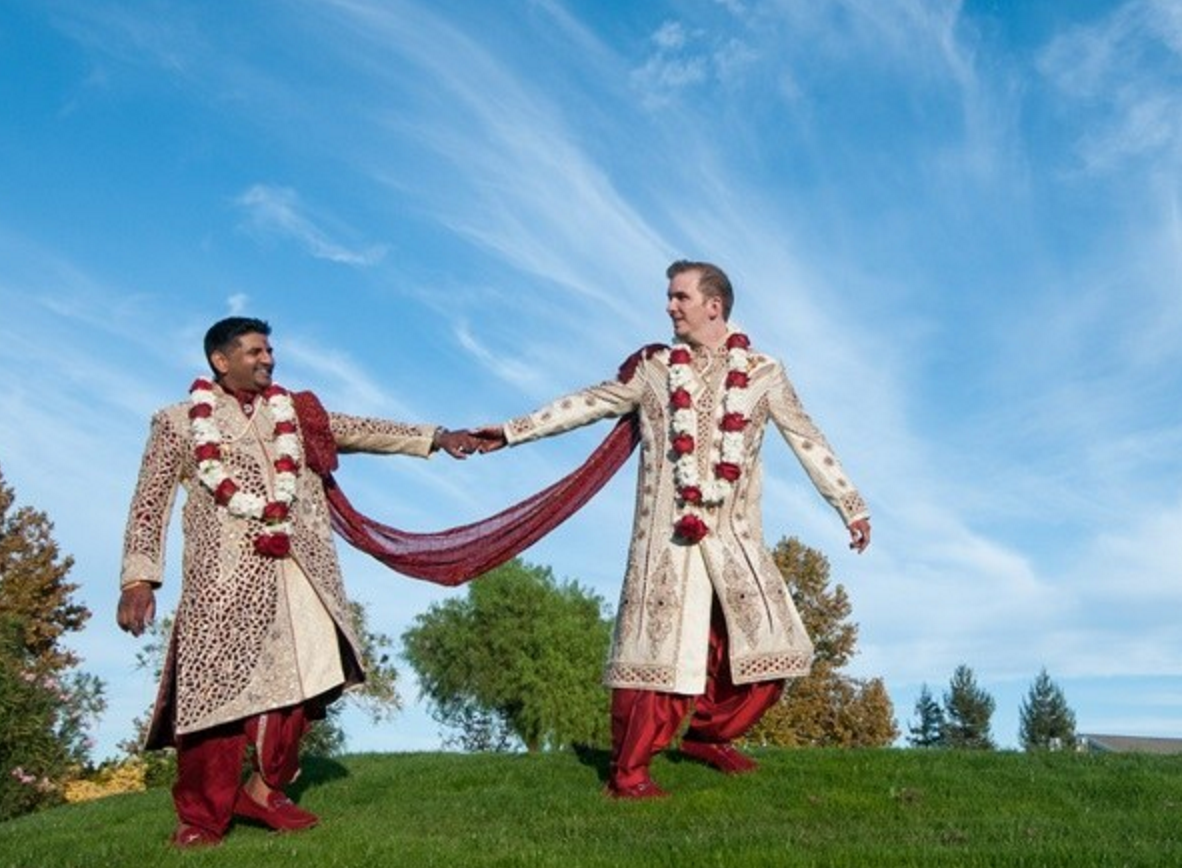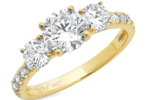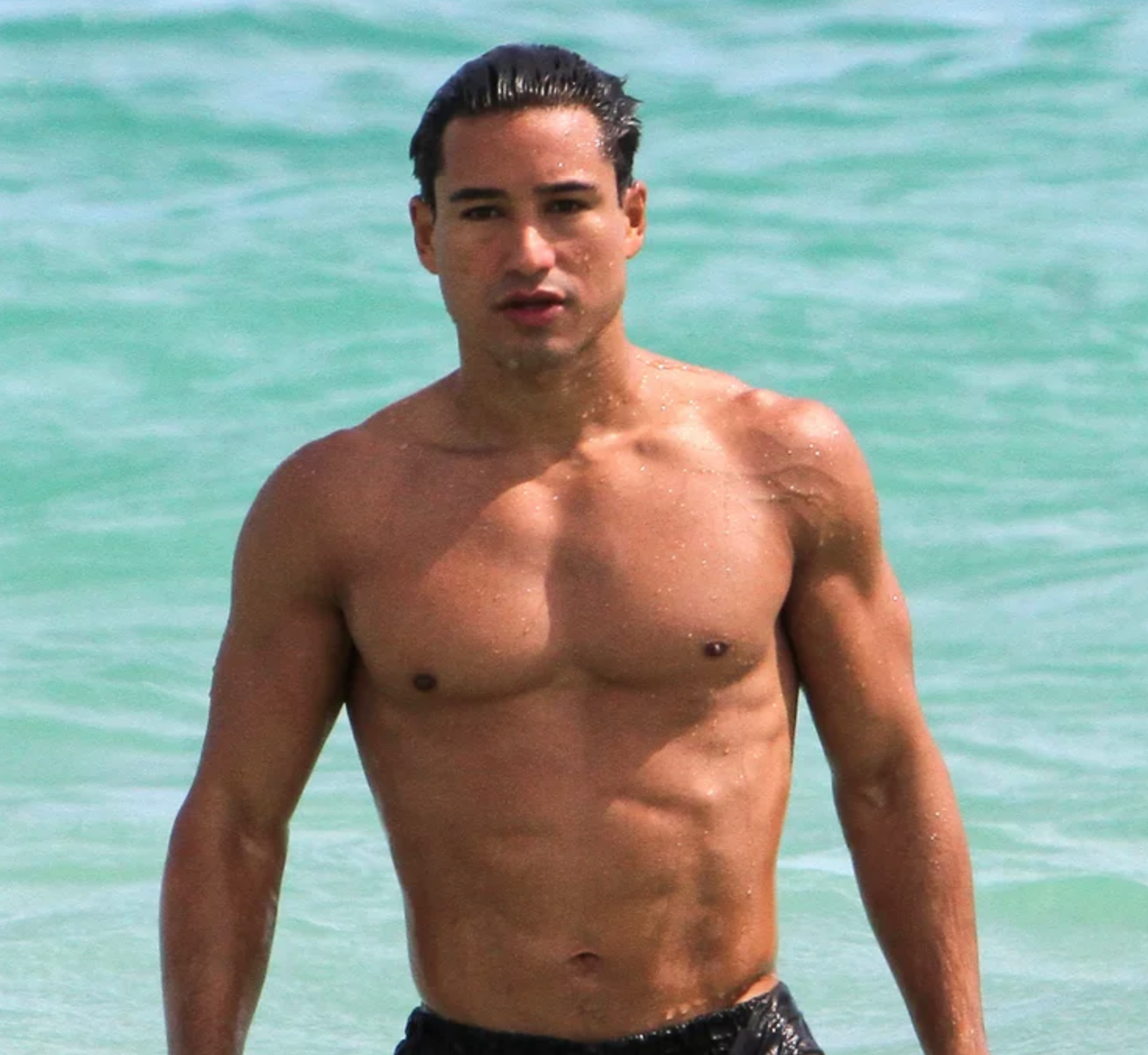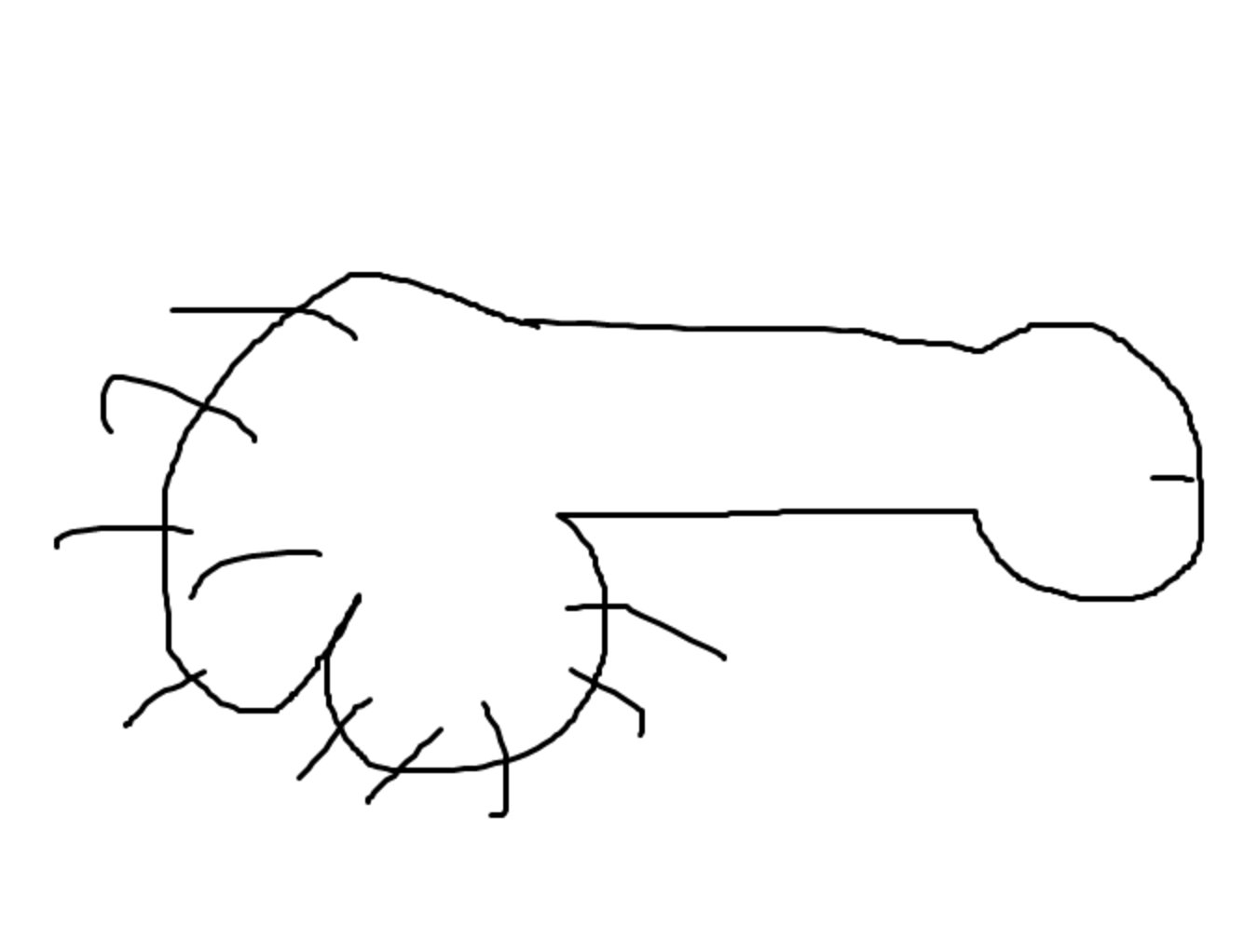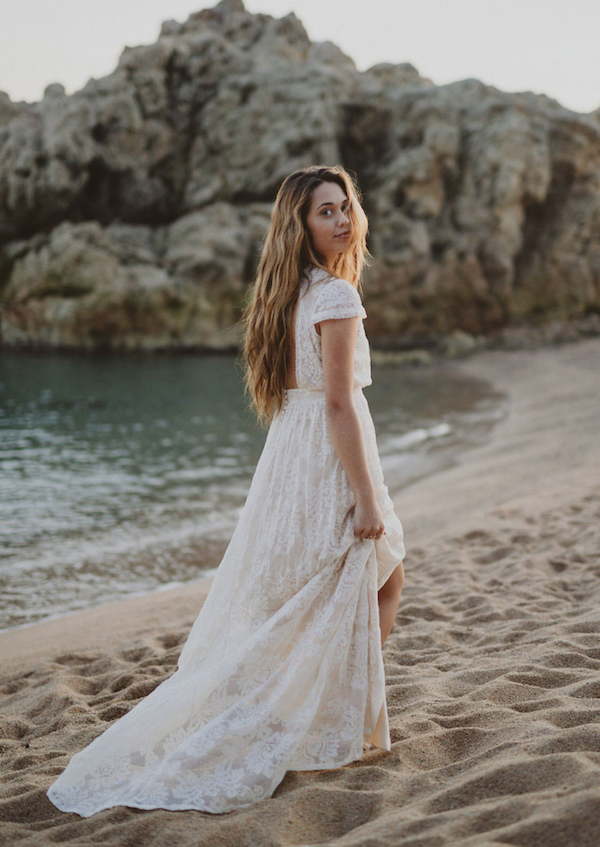Arranged gay marriages are on the rise in India.

Everyone knows that India is pretty much world famous for arranged marriages. As modern Indian society progresses, there are a lot more ‘love marriages’ where people choose their own partners, and Indian milennials have steadily been using dating apps to meet potential mates. Still, for the majority of traditional Indian families, arranged marriages are still honored as an important tradition.
The words ‘gay’ and ‘traditional Indian values’ don’t normally occur in the same sentence, but for Indian mother Padma Lyer, love is love. Lyer, in an attempt to find a suitable husband for her gay son Harish, put an ad out in the paper to that end. The ad was designed to look like any other hetero arranged marriage ad, but it received mixed responses. Of the over 5,000 responses via email, text, and Facebook, only a small percentage were legitimate. The majority of responses were hate mail. The ad itself was rejected by most top Indian newspapers, but finally ran in Mid-Day, and in accordance with tradition mentioned their caste, which was met internationally with prejudice.
“People took the words out of context,” says Lyer. “The objective was to make a gay matrimonial ad look just like a heterosexual one, and in India matrimonial ads almost always state religious and caste preferences. Don’t families across the world prefer welcoming a person of a similar socio-cultural background into their fold? My mother is no exception.”
“Everything is becoming a little less taboo in certain parts of India,” shares Kavita Daswani, a journalist and novelist who has spent a good portion of her life so far writing about Indian arranged marriages. “In metropolitan cities like Mumbai and Delhi, ‘love marriages’ – where young people are choosing their own spouses, are almost commonplace, as are inter-caste unions. Venture into the smaller townships and villages however, and all that is as forbidden as it once was. Homosexuality is in that same vein: in Delhi, Mumbai, Bangalore, with the rise of the middle class, greater Westernization, more money for people to travel, it’s much more open than it used to be. Still, homosexuality has been considered a criminal act since the 1800’s; even if laws change and there is more acceptance around it, the culture of shame remains. It’s just not something that is embraced, by any stretch of the imagination.”
A pretty stark set of social facts for any parent set on arranged marriage and looking to find love for their homosexual child.
Gay love is most accepted in Mumbai, as a bustling city full of so many people is typically bound to be more progressive. No matter where you live in India though, prejudice against homosexuals is alive and kicking.
READ MORE: Disney Princesses or Indian Brides?
This reality didn’t stop Padma Lyer from setting out to find a husband for her son, and inadvertently created an international social discussion about the rights of homosexuals, regardless of religion, geography, or tradition.
Daswani explains, “Arranged marriages do continue to be the norm in India – and even those who chose their own spouses are mindful of family, community, societal considerations, tending to want to stick to within their own cultures and social background as much as possible. So if a family steps in to assist a gay son/daughter to find an appropriate match, it’s actually quite a beautiful and devoted thing to do.”
While I don’t personally agree with arranged marriage, my love life is so sad that maybe I should give it a try. I’m a quarter Indian in heritage and suddenly don’t hate the idea of my mom finding me a nice doctor to pair off with for life. Bravo, Padma, and if you want my mom’s phone number to discuss techniques and arrangement tips, feel free to drop me a line.
[ via ] [ via ]
